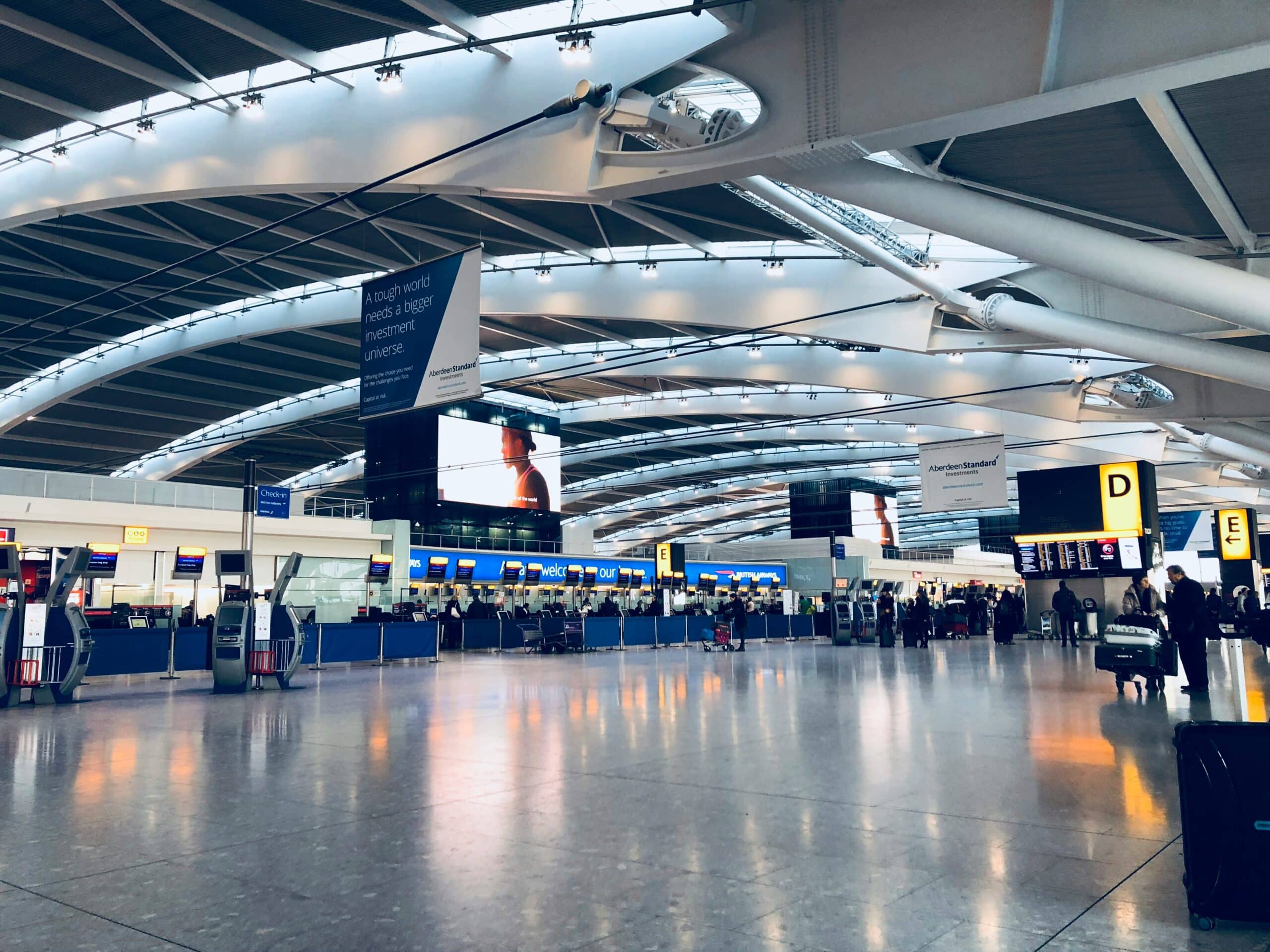
Visa & Immigration
Impacts on Scientific Workforce
Section 03
Survey Overview and Demographics
General Overview
Study Date: 22.10.20–23.11.20
Geographic Coverage: United States
Expertise:
- 72% Biology
- 14% Civil and Environmental Engineering
- 14% Geography
Response Overview
Sample Size: 2443
Valid Responses: 419
Response Rate: 17.4
Date initial findings posted: 01.18.21
Most recent update: 01.18.21
Days survey in field: 33
Average response time: 13
Survey Demographics
Respondent Demographics:
- 19% Female
- 16.4% Male
- 100% Academic
- 0% Industry
Language(s): English
Section Overview
This study explores impacts on the emerging scientific workforce, particularly international students and postdocs, due to changes and delays to the US visa and immigration process over the past year. Responses on this page are part of a larger survey on visa and immigration impacts on higher education with additional topics covering mobility and policy impacts.
Question
In your opinion, to what extent have US visa and immigration policies increased or decreased the following? (N=343)

Finding
About 75% of scientists said that US visa and immigration policies have increased international students’ preference for jobs outside of the US after graduation.
About 90 percent responded that current visa and immigration policies have decreased international students’ applications to study in the US.
Question
In the past 12 months, have you experienced any of the following? (N=285)

Finding
More than one-half of all respondents (51%) lost international student recruits due to visa or immigration issues.
Among respondents, 43% could not hire new international students because of visa and immigration-related issues.
Question
In the past 12 months, have you experienced any of the following? (N=114)

Finding
Among respondents who employ postdocs, 37% could not hire new international postdocs because of visa and immigration-related issues.
Among scientists who employ postdocs, less than one-quarter (22%) lost international postdocs they had recruited due to visa or immigration issues.
Question
In the past 12 months, have you supported and engaged the international students you work with or mentor in any of the following ways? (N=285)

Finding
For scientists, the three most common ways of supporting and engaging international students are through:
- Regular meetings (83%)
- Group, research or lab meetings (78%)
- Regular updates and outline communication expectations (77%)
About 52% of the scientists provide information regarding mental and health resources to their international students. 43% have encouraged students to do counseling sessions.
Question
In the past 12 months, have you discussed any of the following visa or immigration issues with international students or postdocs?(N=300)

Finding
About 85% of respondents discussed visa uncertainties with international students or postdocs.
Approximately half of respondents discussed postponement of studies (54%) and concerns about harassment (49%) with international students or postdocs.
Less than one third discussed loss of interest in studies or research (31%) with international students/postdocs in the past 12 months.
